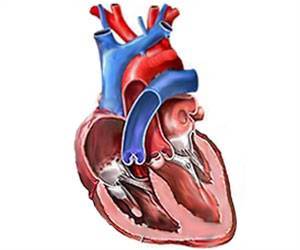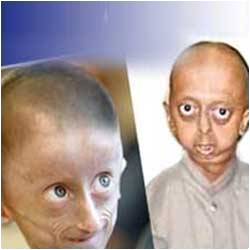Researchers have managed to slow down the progress of the disease using a drug known as rapamycin.

While there is no cure for the disease, a new study published in the Science Translational Medicine has revealed that researchers were able to slow down, and in some cases completely stop, its progress by using a drug known as rapamycin.
Lead researcher Dr Dimitri Krainc hoped that their study will pave way for a cure to the disease in the near future. “Part of the problem with aging starts when debris is accumulating in the cells and it's not getting removed, and this particular drug is able to enhance the removal process. It would be too optimistic to say this could completely cure Progeria patients, but we're hoping that this drug could make these kids live longer with fewer complications”, Dr Krainc said.
Source-Medindia








